
There are many ways to learn about foster care. From speaking to individuals with firsthand experience to browsing the web, there are many resources to use. One helpful tool to learn more on the topic is reading books about foster care. However, one might find it daunting to try and pick out a book when they realize just how many options there are out there. With the help of Philadelphia Department of Human Services’ list, we have compiled a reading list of good books to check out and learn more about foster care. We have selected some of our favorites, but be sure to see the list for the entire selection.
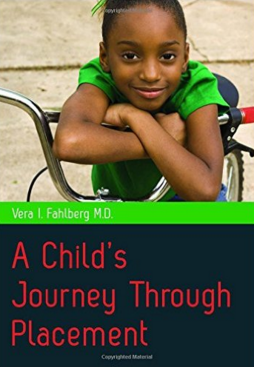 |
A Child’s Journey Through Placement by Vera I. Fahlberg, MD For some children, being in placement is only a brief stop on the way to being reunited with their parents or placed with an adoptive family. Others may wander in and out of foster care, mental health facilities, and juvenile justice programs throughout their childhood. This book provides resources and tools to help professionals and parents support these children on their way to adulthood. |
|
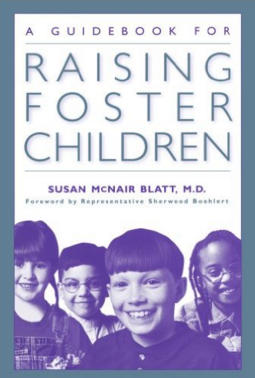 |
A Guidebook for Raising Foster Children by Susan McNair Blatt, MD This “book of directions” about foster care is based on questions and their answers from foster parents and children. From newborns to teens, from health problems to the juvenile justice system, it’s all in here. Written by a pediatrician, this book offers guidance and suggestions to assist foster parents in the process of raising their children. |
|
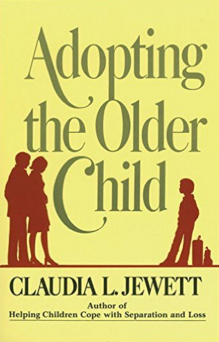 |
Adopting The Older Child by Claudia L. Jewett This classic book describes a child’s transition from the honeymoon period through the testing phase and on to the full integration into a family. It gives practical, caring advice on how to handle each situation. The author has booth personal and professional experience which she draws upon skillfully. |
|
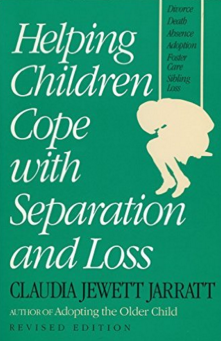 |
Helping Children Cope With Separation And Loss by Claudia L. Jewett-Jarratt All foster and adopted children have suffered a loss—the loss of their birthparents. This book contains compassionate, step-by-step guidance for any concerned adult who wants to help a child talk about, cope with, and recover from a loss. It offers warm advice, specific techniques, and innovative ideas for helping children overcome the sadness, anger, and anxiety they feel during a difficult time. |
|
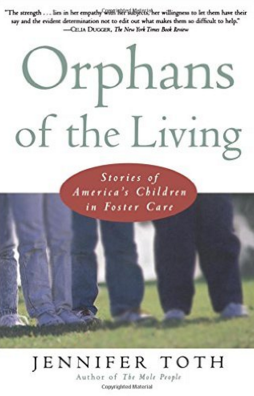 |
Orphans of the Living: Stories of America’s Children in Foster Care by Jennifer Toth This book depicts the lives of older children in the foster care system in America. It is a gritty, real, and very compelling book! |
|
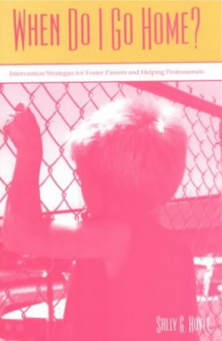 |
When Do I Go Home? Intervention Strategies for Foster Parents and Helping Professionals by Sally G. Hoyle The first section of the book, When Do I Go Home? tells the story of Karli and her brother Jon. Karli and her baby brother have been taken from their home. She doesn’t know where her mother is, and now she and her brother are being placed in separate foster homes! The second part of the book identifies the challenges that arise when children like Karli and Jon are taken into an unfamiliar system. The author’s practical intervention strategies will help foster parents and other professionals meet the needs of these children with sensitivity and compassion. |
|
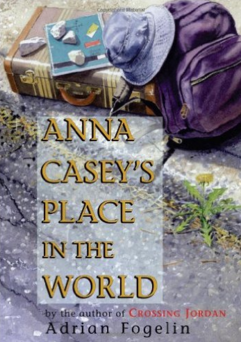 |
Anna Casey’s Place in the World by Adrian Fogelin In this fictional story, the heroine, Anna, must deal with the loss of her family and adjust to living in a foster home. |
|
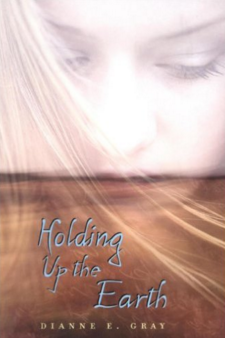 |
Holding Up the Earth by Dianne E. Gray After her mother’s death and seven foster homes, 14-year-old Hope finds herself on the Nebraska farm where her current foster mother, Sarah, grew up and where Sarah’s mother, Anna, still lives. |
|
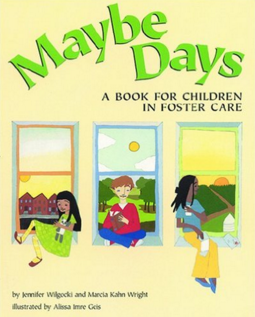 |
Maybe Days: A Book for Children in Foster Care by Jennifer Wilgocki and Marcia Kahn Wright Maybe Days is a straightforward look at the issues of foster care, the questions that kids ask, and the feelings they confront. An excellent primer for the young child going into foster care, this book also explains in kid terms the responsibilities of everyone involved: parents, foster parents, social workers, lawyers and judges. As for the kids themselves, their job is to be a kid, and there’s no maybe about that. |
|
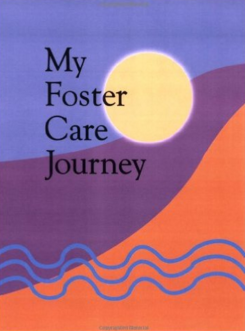 |
My Foster Care Journey by Beth O’Malley There are fill-in-the-blank pages to record information about birthparents, foster care (with room for multiple placements), adoption or reunification memories, and, of course, “all about me.” Pages that are not relevant can easily be removed. In addition, this book contains a simple explanation of the whys and hows of foster care. |
|
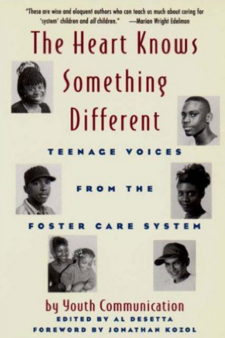 |
The Heart Knows Something Different: Teenage Voices from the Foster Care System by Al Desetta The voices of the children themselves tell the stories in this collection of essays. We see things as they actually are: siblings are split up and sometimes never reunited, children’s loyalties between abusive or neglectful parents and the “system” are questioned, kids age out of the system and are left to a world they know nothing about without a family to guide them. It is all here. |
|
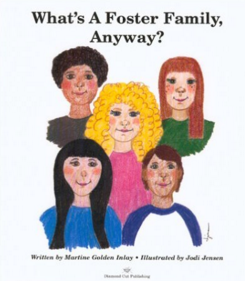 |
What’s a Foster Family, Anyway? by Martine Golden Inlay Moving to a foster home can be a scary and traumatic experience for a youngster. By explaining the process and the people involved, this easy-to-read book will assist children in making a smoother transition to their new home. The last two pages are left for the child to personalize: all about me, foster home guidelines/rules, my favorite, and this is my family. |
|
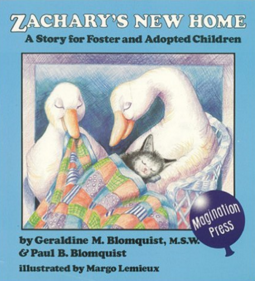 |
Zachary’s New Home: A Story for Foster and Adopted Children by Geraldine Molettiere Blomquist, Paul B. Blomquist, Margo Lemieux The adventures of Zachary the kitten, who is taken from his mother’s house when his mother is unable to take care of him. Eventually he is adopted by a family of geese. Zachary experiences the true-to-life feelings of shame, rebelliousness, and hurt, and his adoptive parents struggle with their own feelings during Zachary’s tougher times, until Zachary finally finds a place he can call home. |